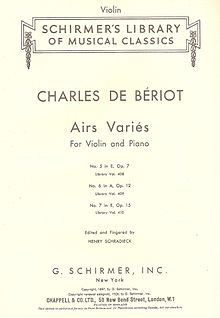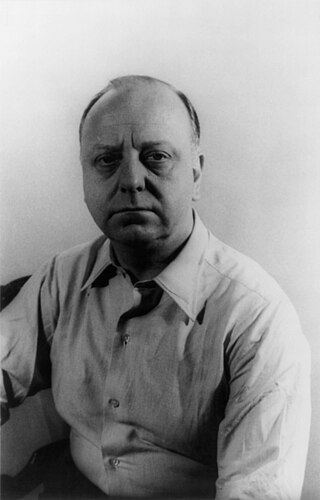
Virgil Thomson was an American composer and critic. He was instrumental in the development of the "American Sound" in classical music. He has been described as a modernist, a neoromantic, a neoclassicist, and a composer of "an Olympian blend of humanity and detachment" whose "expressive voice was always carefully muted" until his late opera Lord Byron which, in contrast to all his previous work, exhibited an emotional content that rises to "moments of real passion".
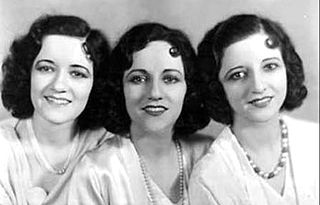
This is a list of notable events in music that took place in 1931.
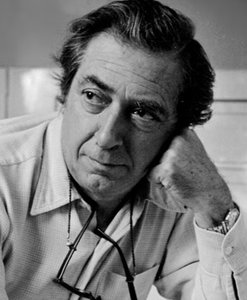
Norman Dello Joio was an American composer active for over half a century. He won a Pulitzer Prize in 1957.
Rachel Lyman Field was an American novelist, poet, and children's fiction writer. She is best known for her work Hitty, Her First Hundred Years. Field also won a National Book Award, Newbery Honor award and two of her books are on the Lewis Carroll Shelf Award list.

G. Schirmer, Inc. is an American classical music publishing company based in New York City, founded in 1861. The oldest active music publisher in the United States, Schirmer publishes sheet music for sale and rental, and represents some well-known European music publishers in North America, such as the Music Sales Affiliates ChesterNovello, Breitkopf & Härtel, Sikorski and many Russian and former Soviet composers' catalogs.

Katherine Kennicott Davis was an American composer, pianist, arranger, and teacher, whose most well-known composition is the Christmas song "Carol of the Drum," later known as "The Little Drummer Boy".

Richard Hageman was a Dutch-born American conductor, pianist, and composer.
Oley Speaks was an American composer and songwriter. His compositions include many religious songs, as well as his best-known success, "On the Road to Mandalay", which takes its lyrics from the poem "Mandalay" by Rudyard Kipling. The Canal Winchester Area Historical Society Museum has exhibits about the life of Oley Speaks, including original sheet music written by him.

Idabelle Smith Firestone was an American composer and songwriter.
Helmy Kresa, was a songwriter and the principal arranger and orchestrator for Irving Berlin.
Sandor Harmati was a Hungarian-American violinist, conductor and composer, best known for his song "Bluebird of Happiness" written in 1934 for Jan Peerce.
Ben Moore is an American composer whose works include art song, musical theatre, cabaret, chamber music, choral music and opera. His songs have been recorded by Deborah Voigt, Susan Graham Nathan Gunn and Lawrence Brownlee on the EMI, SonyBMG, Warner Classics and Opus Arte labels. Other singers who have performed his music include Frederica von Stade, Jerry Hadley, Robert White, and Audra McDonald.
Wintter Haynes Watts was an American composer of art songs.
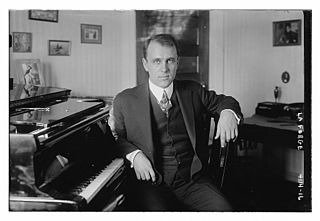
Frank La Forge was an American pianist, vocal coach, teacher, composer and arranger of art songs.
Hans Walter Heinsheimer was a music publisher, author, and journalist. George Antheil describes him as having an important role in the development of opera in Central Europe between World War I and World War II. "To him," Antheil writes, "Germany owed much of her new brilliant opera renaissance," including Kurt Weill's The Threepenny Opera.

Kurt Leimer was a German concert pianist, composer and piano instructor.
John Prindle Scott was an American author, lecturer, educator and composer of art songs.
"My Greatest Mistake" is a popular song written in 1940 by Jack Fulton and Jack "Bones" O'Brien.
Mary Elise Fellows White was an American author, composer, and violinist who recorded for Schirmer records.
